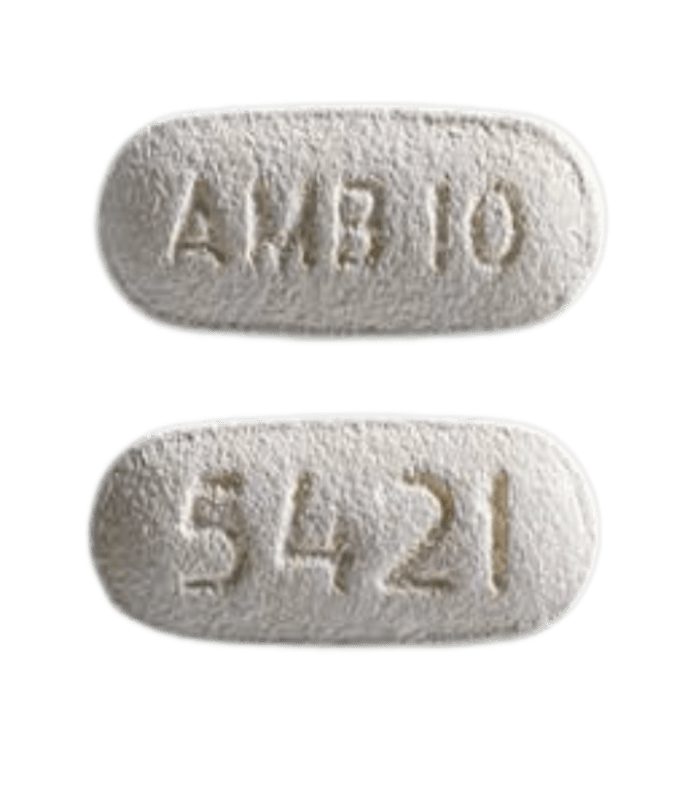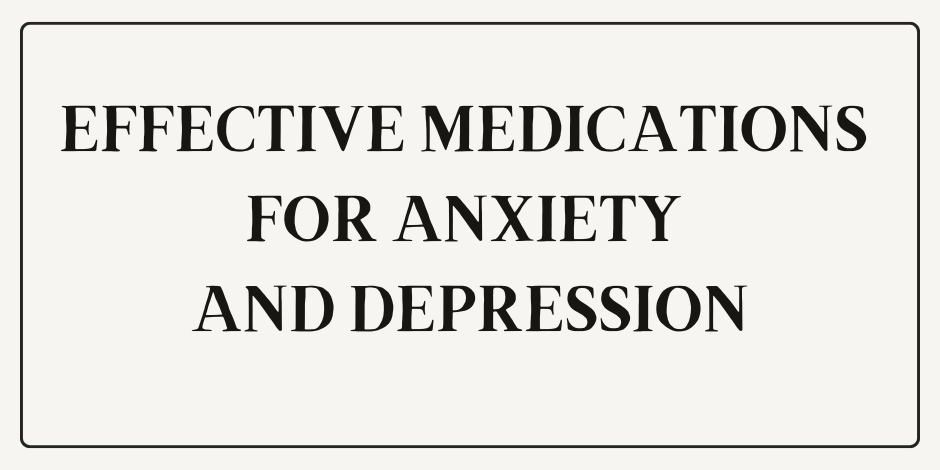Anxiety and depression are two of the most prevalent mental health conditions globally, affecting millions of individuals each year. Understanding the nature of these disorders and the treatment options available is essential for individuals suffering from these conditions, as well as for their families and friends who wish to offer support.
What are Anxiety and Depression?
Anxiety and depression are complex and often debilitating mental health disorders that can severely affect an individual’s emotional, psychological, and physical well-being. Anxiety is typically characterized by excessive, persistent worry or fear about everyday situations or potential future events. People with anxiety disorders may experience panic attacks, persistent phobias, or compulsive behaviors that significantly interfere with their ability to function in daily life.
Depression, on the other hand, is defined by persistent feelings of sadness, hopelessness, and a lack of interest or pleasure in activities once enjoyed. Both anxiety and depression can coexist in some individuals, a combination that can lead to a wide array of emotional, physical, and cognitive symptoms. The impact of these disorders on an individual’s overall quality of life can be profound, making it essential to seek help and explore treatment options.
What is Anxiety?
Anxiety is a natural response to stress or danger, as it prepares the body to react to perceived threats. However, for some individuals, this response becomes excessive and uncontrollable, leading to anxiety disorders. These disorders are the most common mental health conditions in the United States, affecting approximately 40 million adults (18.1% of the population) each year.
While anxiety is a normal part of life, an anxiety disorder can cause individuals to feel overwhelmed and debilitated by worry or fear, even in the absence of a clear threat. Anxiety disorders can take many forms, including generalized anxiety disorder, panic disorder, and social anxiety disorder. Despite their prevalence, only about 36.9% of individuals with anxiety disorders receive treatment, even though these disorders are highly treatable.
It is also important to note that people with anxiety disorders are significantly more likely to experience other health problems. They are three to five times more likely to visit a healthcare provider and are six times more likely to be hospitalized for psychiatric issues compared to those without anxiety disorders.
What is Depression?
Depression, clinically known as major depressive disorder (MDD), is a serious medical condition that can affect every aspect of a person’s life. It goes beyond temporary feelings of sadness and can lead to profound changes in how individuals feel, think, and behave. Depression may result in a wide range of emotional, physical, and cognitive difficulties, such as persistent feelings of sadness or hopelessness, irritability, and a loss of interest in once enjoyable activities.
In addition to emotional symptoms, depression can cause significant physical symptoms, including changes in appetite or weight, fatigue, difficulty concentrating, and disrupted sleep patterns. In the most severe cases, individuals may experience thoughts of death or suicide, which necessitates immediate professional intervention. The impact of depression on work, relationships, and general day-to-day functioning can be life-altering, making treatment and support crucial.
Medications for Anxiety and Depression
There are several medications available to help manage and treat anxiety and depression. These medications work in different ways, targeting the chemical imbalances in the brain that contribute to these disorders. The most commonly prescribed medications for anxiety and depression include:
1. Xanax (Alprazolam)
Xanax is a widely prescribed benzodiazepine used primarily for the treatment of anxiety disorders and panic attacks. It works by enhancing the effects of gamma-aminobutyric acid (GABA), a natural chemical in the brain that promotes a calming effect on the nervous system. By increasing GABA activity, Xanax helps reduce feelings of anxiety and panic.
2. Valium (Diazepam)
Valium is another benzodiazepine medication commonly used to treat anxiety disorders, alcohol withdrawal symptoms, and muscle spasms. Like Xanax, Valium works by enhancing GABA activity, which helps to calm the brain and nervous system. It is effective for both short-term relief and long-term anxiety management when used under medical supervision.
3. Clonazepam
Clonazepam is often prescribed for the treatment of anxiety, panic disorder, and other conditions such as obsessive-compulsive disorder (OCD) and post-traumatic stress disorder (PTSD). It is also effective for managing seizures. Clonazepam works by increasing GABA activity, helping to reduce anxiety and prevent panic attacks.
4. Lorazepam (Ativan)
Lorazepam, also a benzodiazepine, is used to treat generalized anxiety disorder and other anxiety-related conditions. It produces a calming effect on the brain by enhancing GABA activity. Lorazepam is typically prescribed for short-term use or during acute episodes of anxiety to help alleviate symptoms.
5. SSRIs and SNRIs (Selective Serotonin Reuptake Inhibitors & Serotonin-Norepinephrine Reuptake Inhibitors)
For longer-term management of depression and anxiety, SSRIs and SNRIs are commonly prescribed. These medications work by increasing the levels of serotonin and/or norepinephrine in the brain, which are chemicals that help regulate mood and emotional responses. Medications such as sertraline (Zoloft), fluoxetine (Prozac), and duloxetine (Cymbalta) are examples of this class of drugs, often used as first-line treatments for depression and generalized anxiety disorder.
Conclusion
Anxiety and depression are widespread mental health disorders that can significantly affect an individual’s daily life, relationships, and overall well-being. While these conditions can be overwhelming, there are effective treatments available, including medications, therapy, and lifestyle changes.
Understanding the nature of anxiety and depression, as well as the treatment options, can empower individuals to seek the help they need. It’s important for those struggling with anxiety or depression to work closely with a healthcare professional to determine the most appropriate treatment plan, as everyone’s needs are unique. With the right support and treatment, recovery is not only possible but highly achievable.






